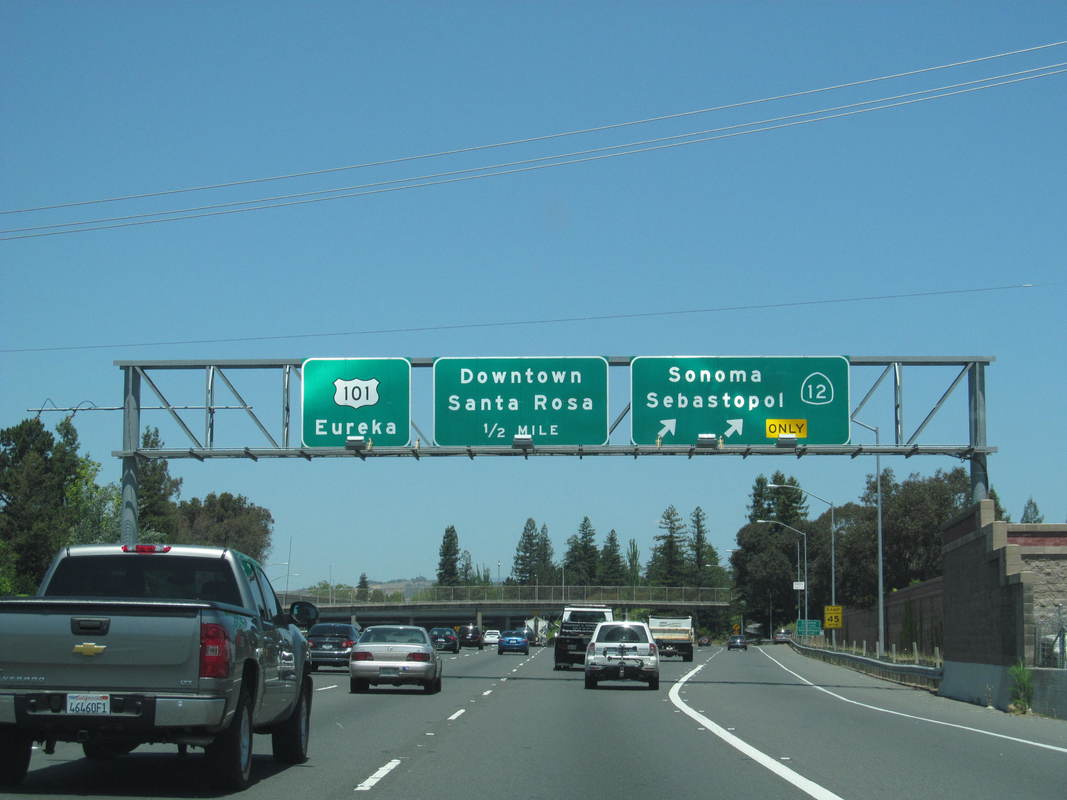|
Under California a law, “A mistake of fact that disproves the required intent for a crime" can amount to a defense against alleged criminal responsibility if the defense can raise a reasonable doubt regarding the existence of an element negated by mistake of fact. For a specific crime such as theft, the mistaken belief need only be an actual belief, and need not be reasonable. Recently, in People v. Speck, the California Courts have taken another look at this law, affirming that where (1) there is substantial evidence supporting the mistake of fact defense, and (2) the defense asks that the jury be instructed on the Mistake of Fact defense, the judge must give the relevant jury instruction. In Speck, the defendant was arrested after he was found to be driving a stolen car. At the trial, he testified that he had borrowed the car with permission from the person he beleived owned the car. The defense of mistake of fact requires, at a minimum, an actual belief “in the existence of circumstances, which, if true, would make the act with which the person is charged an innocent act. For general intent crimes, the defendant's mistaken belief must be both actual and reasonable, but if the mental state of the crime is a specific intent or knowledge, then the mistaken belief must only be actual. So what happens if you make a mistake about a fact that is relevant to your criminal charges because you were intoxicated. Whether you can use the defense will ultimately come down to whether you were voluntarily or involuntarily intoxicated. Voluntarily intoxicated? You will not be able to use the defense. But Involuntarily intoxicated? You might. If you have any questions about whether a Mistake of Fact defense may help your case, feel free to contact Devina. Comments are closed.
|
AuthorDevina strives to make information relevant to the lives of her clients easily accessible. Archives
July 2024
Categories
All
|
Proudly serving Sonoma, Marin, Napa, Mendocino and Lake Counties (and occasionally venturing as far as Yolo, Santa Clara and San Mateo Counties).
Proudly powered by Weebly
This website is for informational purposes only and does not provide legal advice. Do not act or refrain from acting based on anything you read on this site. Using this site or communicating with the Law Office of Devina Douglas through this site does not form an attorney/client relationship. This site is legal advertising. Please review the full disclaimer for more information. (LINK TO FULL DISCLAIMER PAGE)

 RSS Feed
RSS Feed




